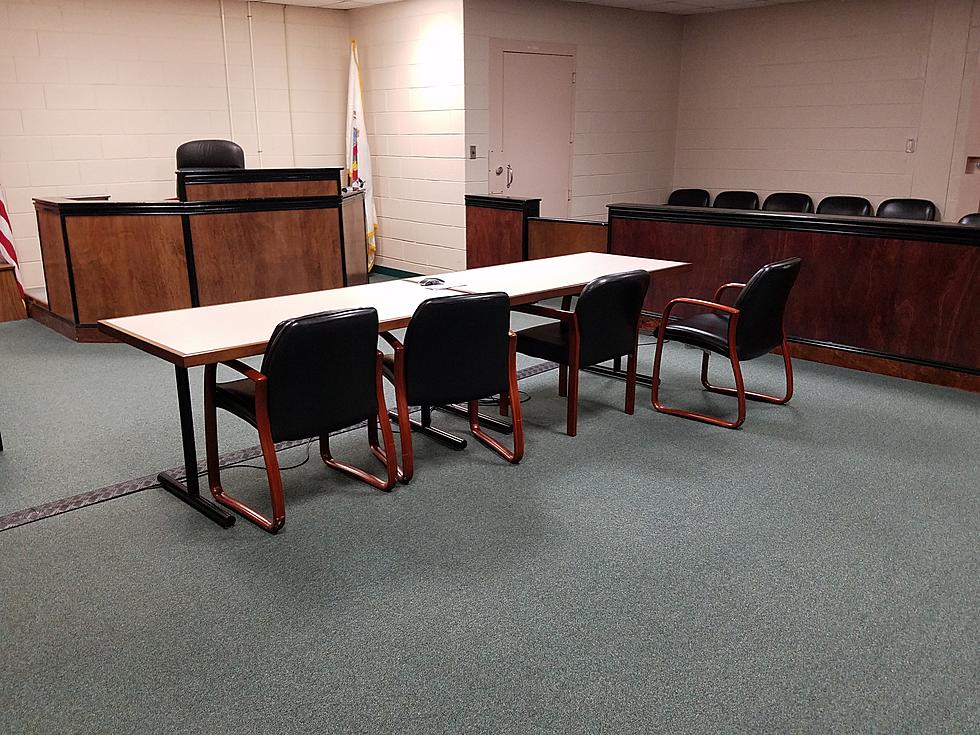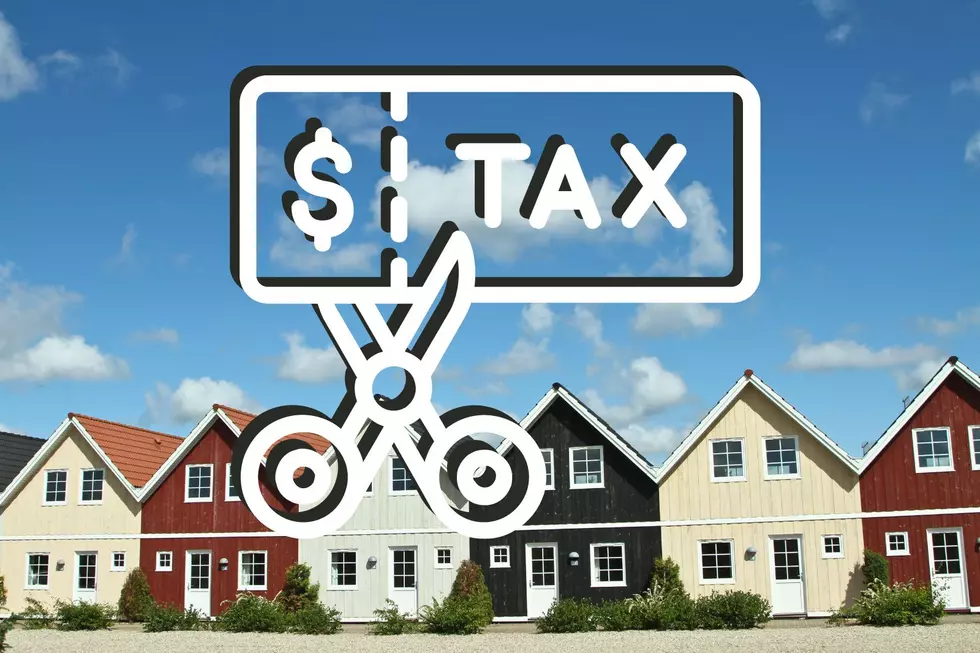
Yet again, NJ’s business climate ranked last by tax group
New Jersey has maintained an unwanted title, designated by the Tax Foundation as having the lowest-ranked business tax climate in the United States.
“Once again, New Jersey ranks worst among states on business tax climate, and unfortunately this isn’t much of a surprise,” said Jared Walczak, the organization’s director of state tax policy.
“In many states, it’s less about rates and almost purely about structure,” he said. “In New Jersey, it’s both.”
In the five categories of taxes analyzed by the Tax Foundation, New Jersey ranks last in just one – individual income taxes, which accounts for 30% of the overall score. The group penalizes the state in part for having a progressive tax structure that charges higher rates as income levels rise, including the third-highest top tax rate in the country, 10.75% on income over $5 million.
“If it were less complex, you would probably see a better ranking, but the extremely high top rate does put it in a class of its own,” Walczak said.
Three states – Connecticut, Vermont and Massachusetts – and Washington, D.C., rank lower than New Jersey on property taxes. New Jersey has the highest property tax collections per capita – at $3,127, just $12 higher than New Hampshire – but the third-highest effective tax rate when compared with incomes and benefits in the survey for not taxing things like tangible business property or cars. The report defines the category broadly and includes things like estate and inheritance taxes.
New Jersey’s ranking isn’t far from neighboring New York, which was pegged at 49th. But Pennsylvania was ranked 29th and Delaware 11th.
“That can be dangerous because most of your peers are moving in another direction,” Walczak said. “The rest of the Mid-Atlantic is certainly not a low-tax region, but they have become more competitive. Even states like New York have overhauled their corporate tax codes, simplifying it, reducing the number of different ways that businesses are taxes, and they have a lower rate.”
“New Jersey is going in the opposite direction. There are costs to that,” he said. "And New Jersey is just pushing the envelope of how far you can go in being an outlier in the country.”
New Jersey-based business groups saw the report as further evidence of what they’ve been saying.
“The fact that New Jersey is dead last in the country for tax climate for a fifth straight year is not surprising, yet no less disappointing,” said Michele Siekerka, president and chief executive officer of the New Jersey Business and Industry Association.
Gov. Phil Murphy addressed the issue of such rankings a few weeks ago, saying that they’re based primarily on tax rates and that New Jersey is competitive if a more holistic view of the state’s strengths, such as a highly educated workforce and good location, are considered.
It’s the same remarks in which Murphy said that for people making location decisions based solely on tax rate, “we’re probably not your state.”
“If your spectrum of inputs as you make decisions as a family or as a business is wide, we’ll compete with anybody. The wider that spectrum of consideration, the better it is for New Jersey,” Murphy said.
Walczak said that’s the case, to a degree.
“Different businesses and different individuals are looking for different things,” he said. “But everyone cares about the tax burden that they face. They care about not just the rate, they of course care about their burden. They care about the compliance costs. They care when the tax code makes them make worse decisions than they would have otherwise.”
The report is based on tax rates as of July 1. The top rate for business taxes, 11.5% for companies with net incomes over $1 million, will drop to 10.5% on Jan. 1, when a surcharge in place for 2018 and 2019 drops from 2.5% to 1.5% for 2020 and 2021. It then returns to 9% when the surcharge ends in 2022.
More From WOBM News:
More From Beach Radio










